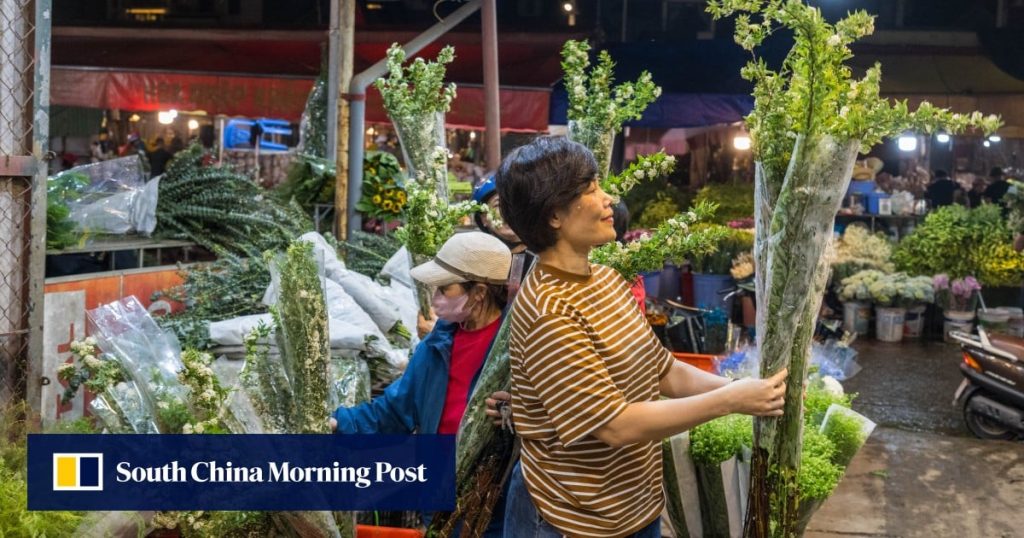As rising global uncertainties prompt China to diversify sources of imported food, its Southeast Asian neighbours are becoming increasingly viable suppliers thanks to overseas investment and cooperative farming initiatives, experts say.
Yunnan, the southwestern Chinese province bordering Myanmar, Laos and Vietnam, plays a key role in regional agricultural cooperation.
Its involvement dates back decades to the “alternative crop cultivation programme”, which aimed to reduce opium production in the region by sharing agricultural technology and promoting sustainable economic alternatives.
“These neighbouring countries may be relatively weak as consumption markets but they possess land resources that could be utilised for planting and production,” said Feng Lu, a professor of agricultural economics and management at Yunnan Agricultural University.
Given China’s large demand for agricultural products and limited amount of farmland, overseas agricultural investment and cooperation could serve as an effective way to support the country’s food security by diversifying its food supply sources, she said.
As living standards have risen, Chinese food consumption patterns have changed significantly, with a decrease in staple foods and an increase in meat, dairy, fruits and vegetables, Han Yang, an agricultural researcher at the State Council’s Development Research Centre, said in an Economic Daily article published in February.


